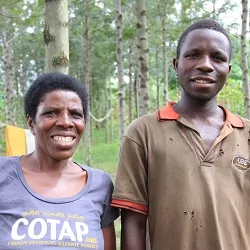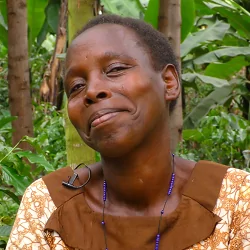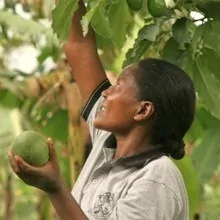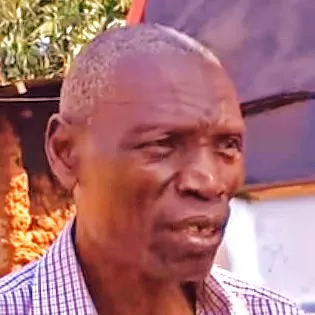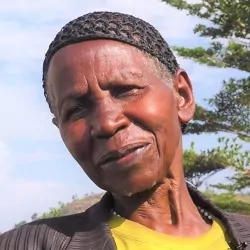Bill McKibben has written another pretty much perfect article for Rolling Stone about climate change called “Global Warming’s Terrifying New Math.” But because climate change has been forever stuck as a single-dimension and paralyzing environmental problem, Bill is either preaching to this choir (few do it better – so “Amen!”), or being automatically tuned out.
Though it’s not yet widely known, something very special is happening which is complementing this traditional, extremely disempowering “Debbie Downer” narrative with a parallel one: global warming represents the most gargantuan opportunity in the history of mankind to lift the poorest people in the world out of poverty. To illustrate, I’ll need about five core numbers, whereas McKibben used three …
The First, Second, Third, and Fourth Numbers: Infinity. Let’s consolidate the first four since they’re all virtually an unlimited number in terms of scale: 1) It’s the amount of surplus CO2 in Earth’s atmosphere, 2) The number of individuals living on less than $2 per day in rural areas of least developed countries, 3) the amount of land that can be restored through Plan Vivo-style forestry carbon projects, and 4) Last but not least, the number of people in developed countries whose daily lifestyle entails, for the foreseeable future, the burning of fossil fuels and to whom the offsetting of at least a portion of their unavoidable carbon footprint is a relevant, doable, and voluntary action.
The Second Number: 368 million. Daily U.S. gasoline demand in gallons, which is 134.3 billion gallons annually.
The Third Number: 19.4. The number of pounds CO2 released when a gallon of gasoline is burned. Given the above 134.3 billion gallons, this means 1.18 billion tonnes of CO2 per year from gasoline in the U.S.
The Fourth Number: USD $9.90. The current, average, and tax-deductible cost to offset one tonne to a COTAP project which connects individuals’ emissions with accredited forestry projects that employ some of the world’s poorest people to plant and maintain trees. I should note that 10 bucks is not an uncommon price point in the offsets world.
The Fifth Number: 60.4%. The average percentage of a COTAP contribution which reaches communities in the form of wages and performance-based incentives for planting and maintaining trees.
So, 1.18 billion tonnes x $9.90 x 60.4% comes out to over $7 billion per year in potential wealth transfer represented by the gasoline burned in the U.S. Assuming an average price of USD $3.50 per gallon, the $11.7B in offsets would represent 2.49% of the $470B annually spent on gasoline.
So who might pay it? Don’t hold your CO2-laden breath waiting for government to come up with, much less pass into law, an answer on this one. Do oil companies like Shell, whom McKibben blames because they supply our demand for oil, pay it? Or us, because we demand it and burn it even though we know it’s bad for us? How about we split the difference, guys? In theory, that might be an approach even Bill McKibben could stomach. After all, he did do a web conference to discuss his new Rolling Stone article from the airport. Planes burn fossil fuels.
Or a voluntary, tax-deductible 1.25% added to the price of a gallon of gasoline, matched by the oil companies? The only ‘tax’ in that last sentence was as in ‘tax deductible.’ Think about how gas prices jump up and down by so much more than that all the time. Even if it were a tax, the only people who would notice would be the special few who drive across town to save $1.50 on a tank.
Or how about the oil companies just pick up the tab, and then invite their consumers to meet them half way? It would be a lot less weird, more credible, and probably less expensive than the fossil-fuel industry’s advertising that’s all over CNN these days. And through an intermediary like COTAP, they could do such a thing, and the cost wouldn’t approach anywhere near $3.5 billion per year any time soon (oh, just trust us on that one).
This little exercise has been fun, but it’s based on something very real that’s already working through COTAP at a modest scale. Emissions equal wages for the poorest people in the world, and playing around with the example of only gasoline and only in the U.S. we’re talking about $7 billion in wealth creation for the poorest… per year.
So, read McKibben’s article via the above link if you haven’t already. And when it unavoidably brings you down, swing on back by this one to lift yourself back up.



